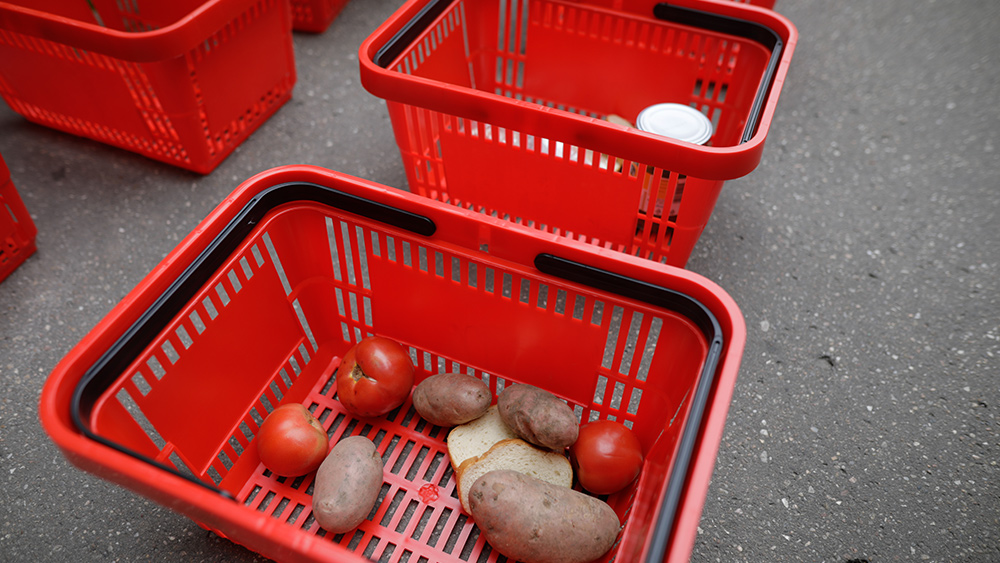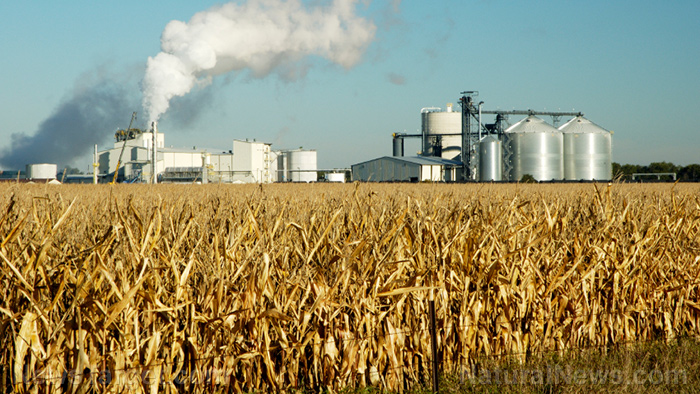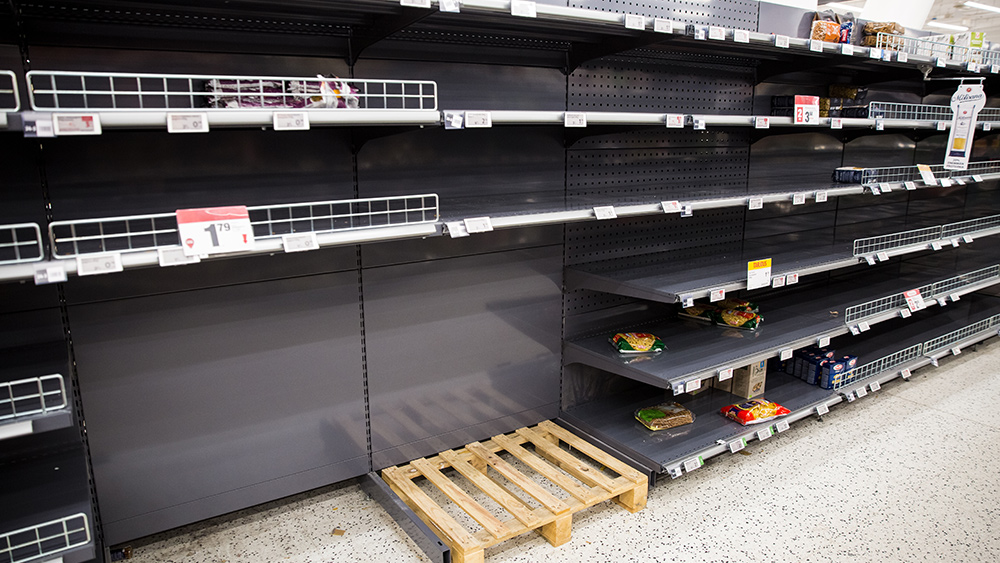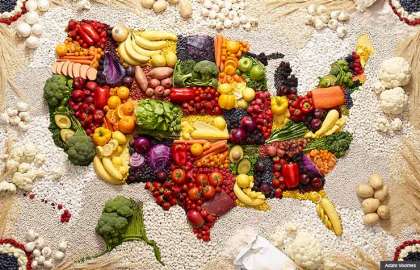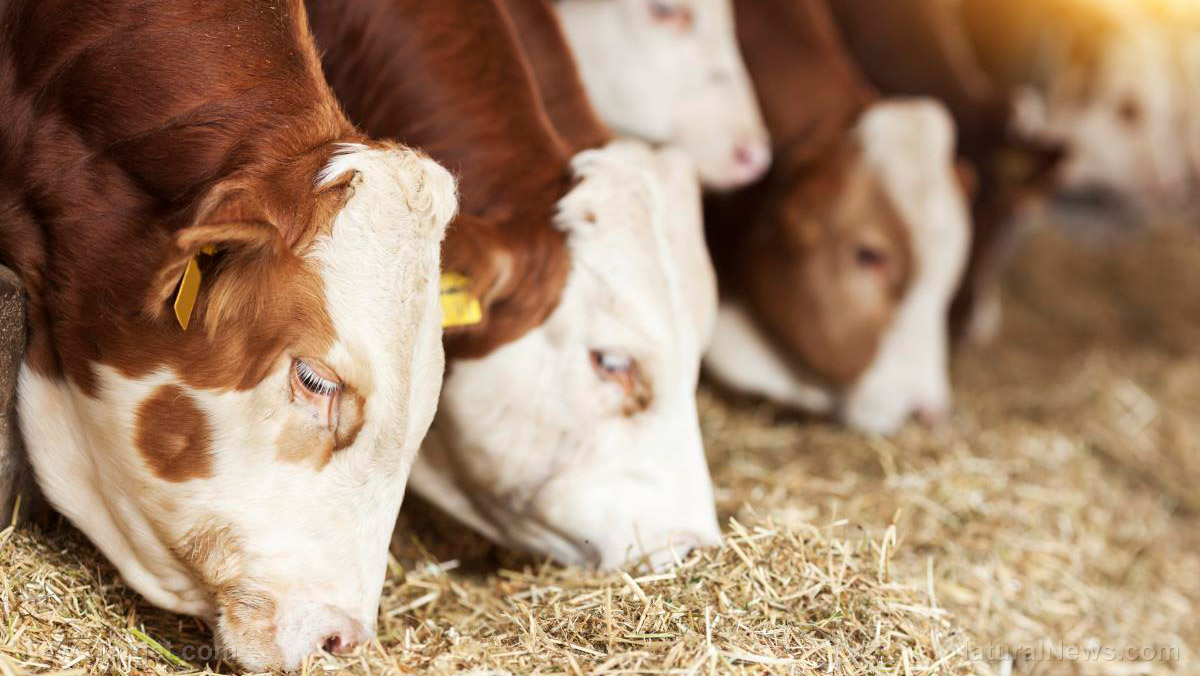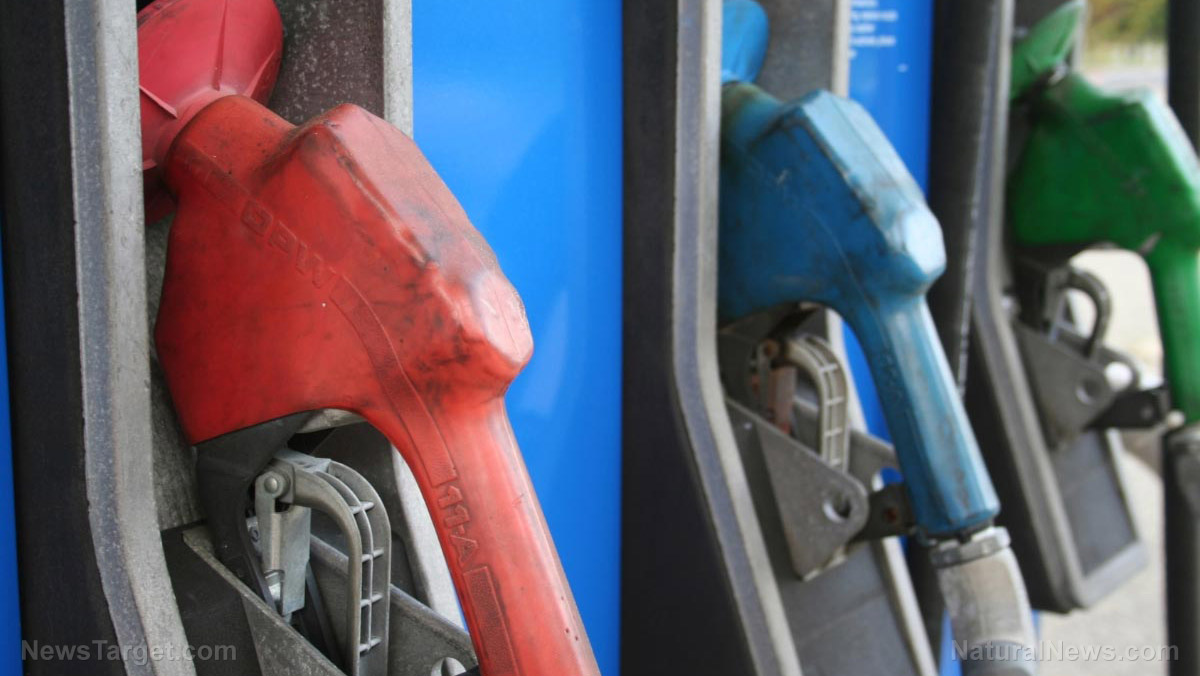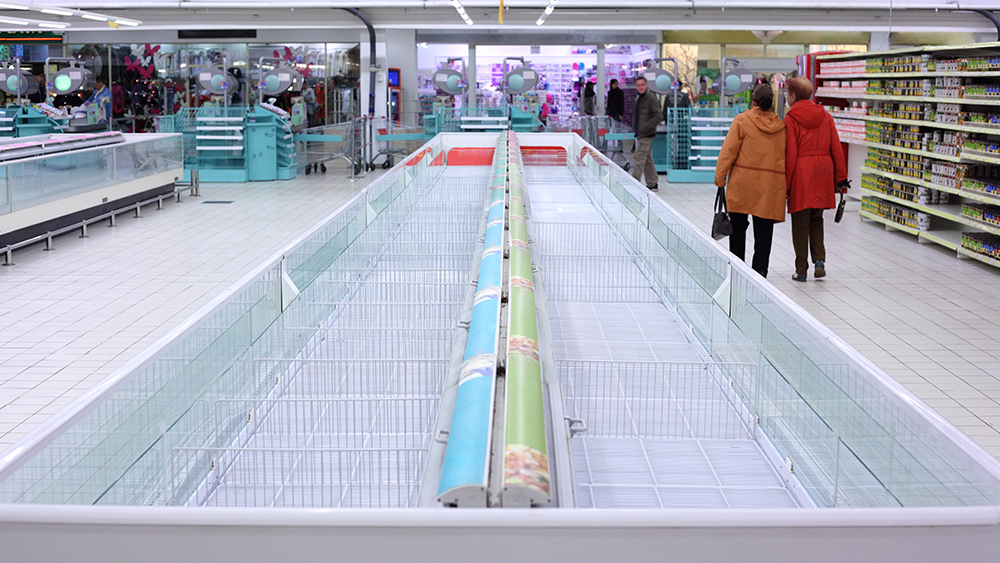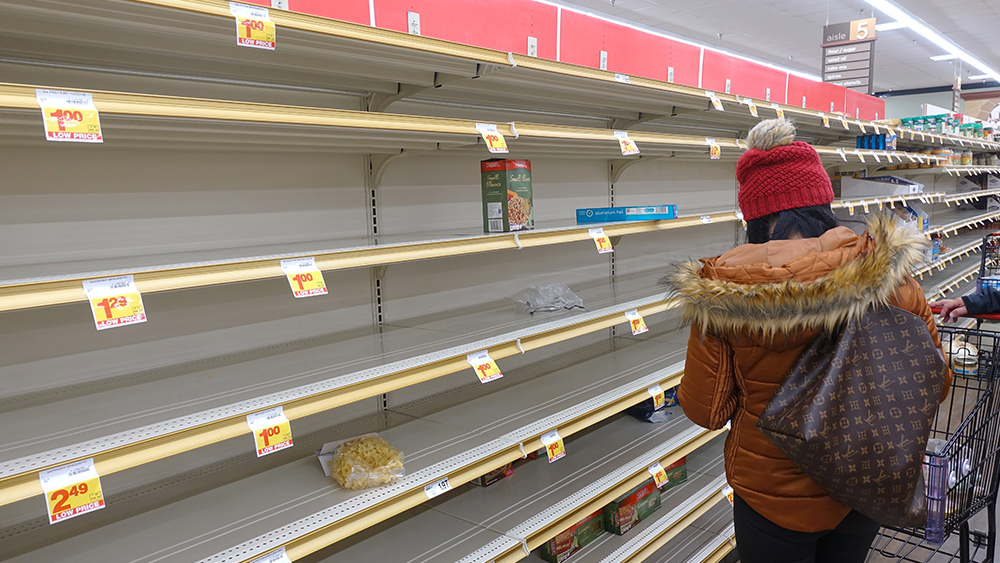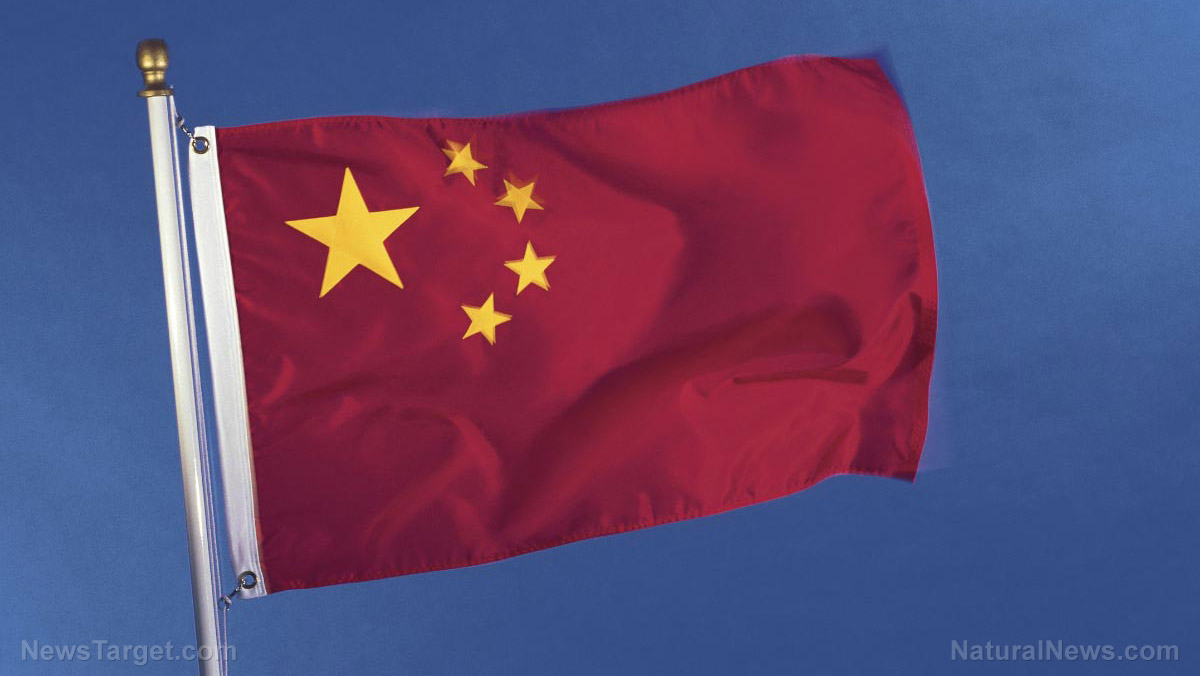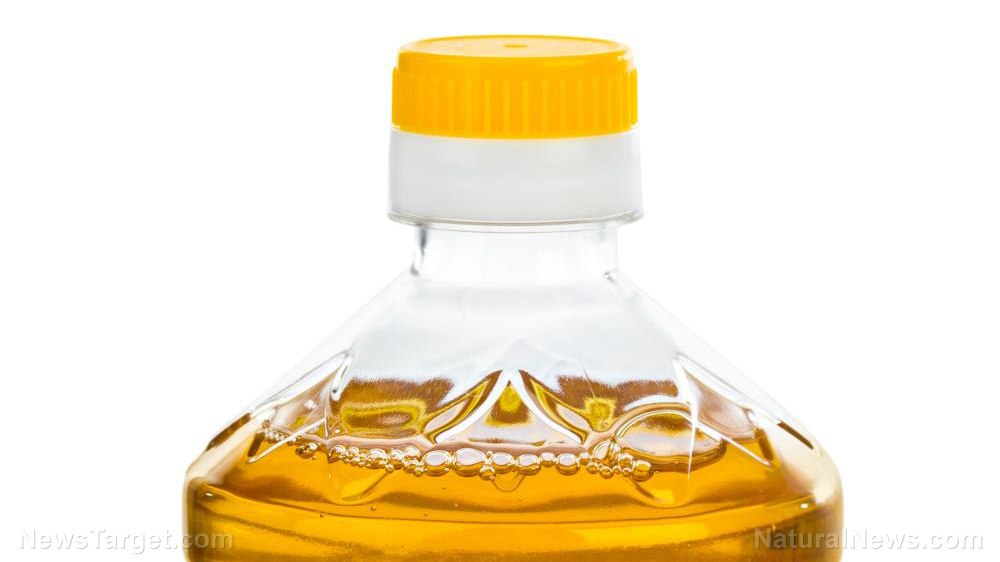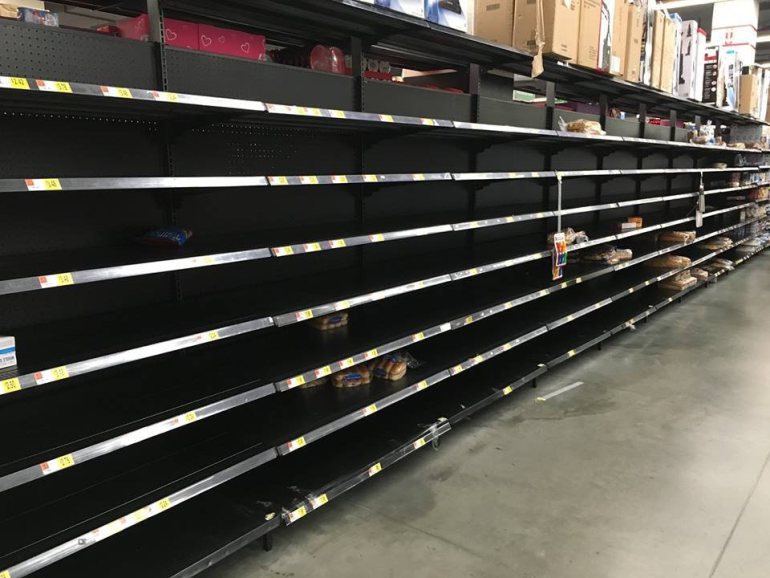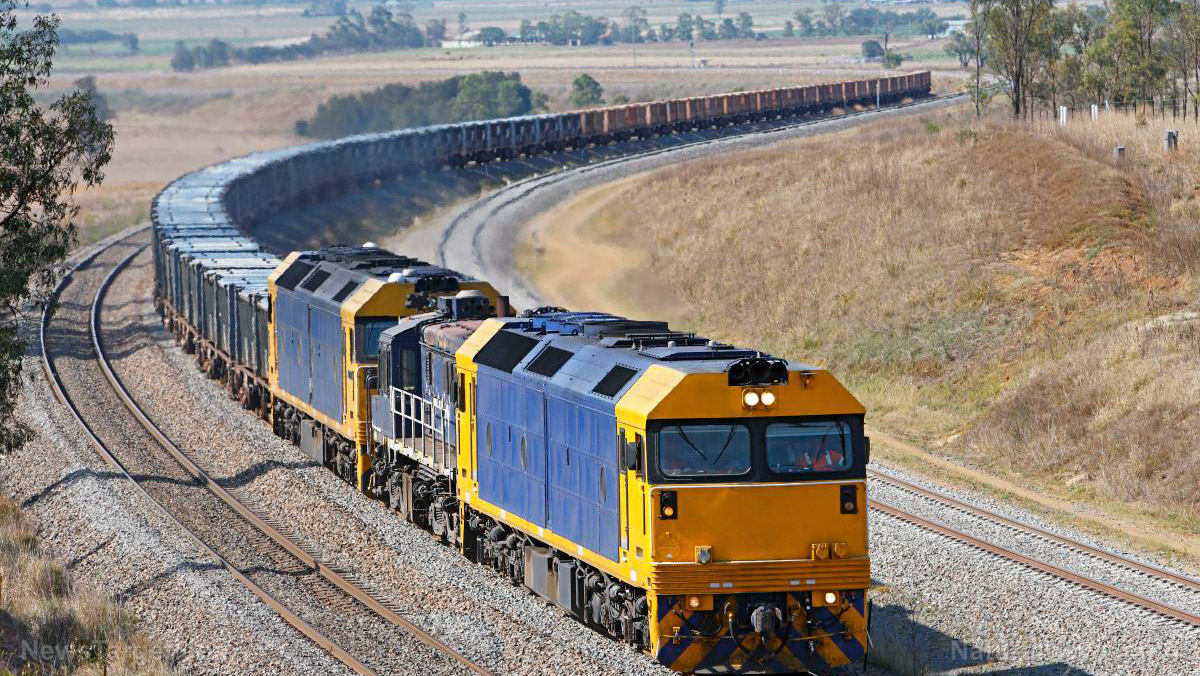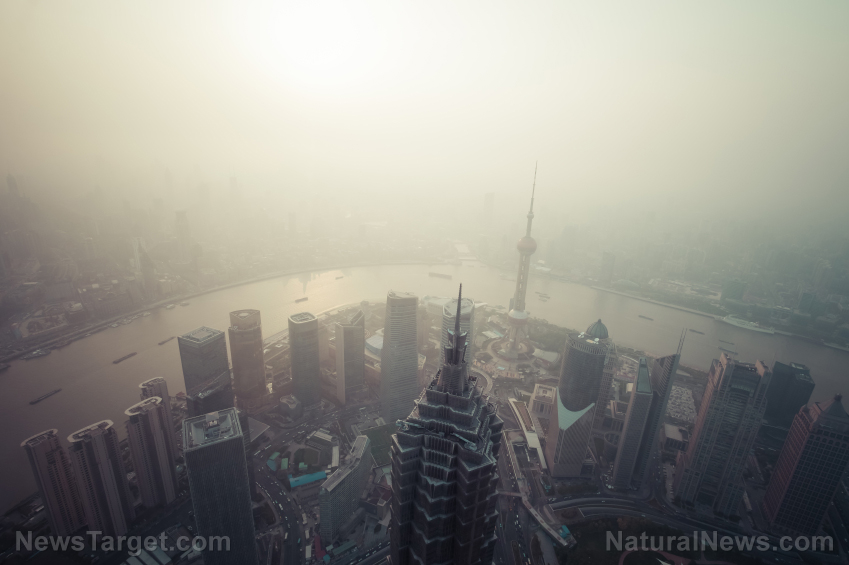Major European fertilizer producer closes manufacturing plants… crop failures, food scarcity, runaway inflation on the way
11/09/2021 / By Ethan Huff
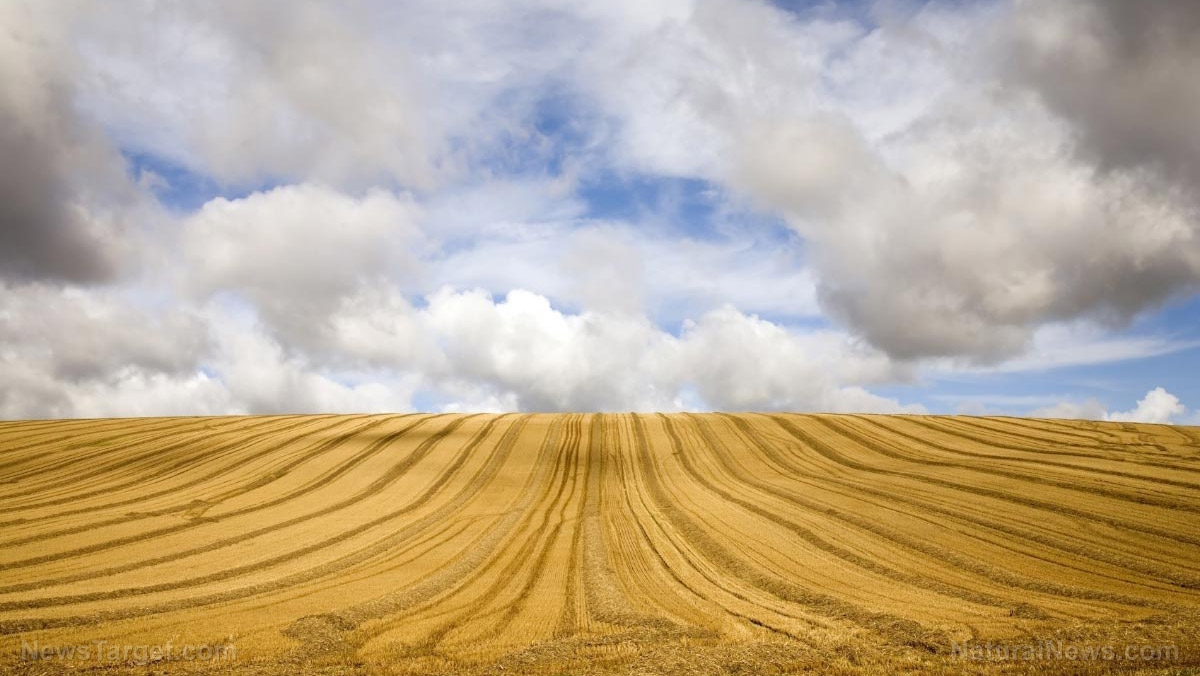
Two fertilizer plants in the United Kingdom have shuttered, purportedly due to an “energy crunch.”
Inflation has caused the price of natural gas and electricity to soar throughout Europe, which is reportedly making it difficult for companies like CF Industries Holdings Inc. to continue producing the substances needed to grow food.
Some are blaming China, while others point to Russia, which supplies most of Europe’s natural gas, as the primary culprit.
Whatever the case may be, energy is no longer flowing into Europe like it once did, and nobody seems to know when production will be able to resume as normal.
As the energy crunch tightens, the fight over who gets limited supplies is intensifying. Asian is rapidly buying up cargoes to try to meet its own demand, while countries to the West look for their own alternatives.
According to Pascal Leroy, senior vice president of core ingredients at Roquette Freres SA, a food processing company in northern France, this “inflationary pressure on every other cost” will drive up prices across many consumer goods.
France’s top sugar producer, Tereos, recently warned that higher natural gas prices are “tremendously” increasing costs within the company.
Is a global famine on the horizon?
The fertilizer shortage is an especially serious problem because it threatens to starve out much of the world if it is not remedied, and soon.
With industrial food production having become the norm throughout much of the planet, the entire food supply system now relies on a steady stream of this fertilizer to continue growing crops using conventional methods.
Many have been warning for decades that chemical-intensive agriculture is risky for other reasons, and this only adds to the risks involved because one missing piece – in this case fertilizer – could topple the entire system and render it non-functional.
This, combined with extreme weather conditions that resulted in poor yields, has created a perfect storm situation where the whole system could go belly-up just from this one missing piece, resulting in widespread famine and starvation.
“Extreme weather, not least precipitation and cold spells, have disrupted this year’s harvests to such an extent that it has a significant effect on global food production, which in itself creates price increases and a shortage of certain foods,” reported Free West Media.
Keep in mind that the industrialized world largely relies on a system of “just-in-time” delivery, meaning goods are produced, distributed and sold with minimal lag time.
Delivery trucks arrive at grocery stores daily, for example, or even twice daily. Factories receive their supplies on a similarly tight schedule, relying on speed and accuracy to keep a continuous flow of product.
When one piece falls out of place, the other pieces fall too, much like dominoes. If there is no more fertilizer, resulting in no more staple ingredients, food factories will not be able to produce consumer goods, which means grocery store shelves will quickly empty out.
Some areas of the world are already seeing this with goods disappearing from shelves for weeks or even months at a time, or bare shelves having to be covered with imagery of food that is not actually there.
There is also the Biden regime-induced shipping crisis, which has left goods sitting out on barges off the nation’s coastal ports with nowhere to dock and unload. Many months of this has already created problems that will only worsen if food goods are never produced to begin with due to raw supply shortages caused by a lack of fertilizer.
“Farmers across Europe are hard hit by this, which in turn threatens the entire food chain,” Free West Media warns.
More related news can be found at Collapse.news.
Sources for this article include:
Submit a correction >>
Tagged Under:
agriculture, CF Industries, chaos, Collapse, COVID, crop failures, crops, fertilizer, food riots, food supply, genocide, harvest, Inflation, Plandemic, shortages, starvation
This article may contain statements that reflect the opinion of the author
RECENT NEWS & ARTICLES
COPYRIGHT © 2017 STARVATION NEWS



